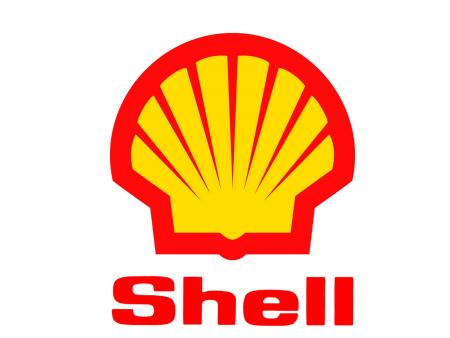Thu, May 16, 2013
by Maher Chmaytelli and Nayla Razzouk
Royal Dutch Shell Plc (RDSA) will start producing crude at Iraq’s Majnoon oil field as early as next month and plans to increase energy investments in Saudi Arabia, its regional vice president said.
Output from Majnoon, one of Iraq’s largest oil fields, will start “around mid-year” and increase to 175,000 barrels a day by the end of 2013, Mounir Bouaziz said in an e-mailed response to questions. In Saudi Arabia, Shell is holding talks with officials on a project to develop natural gas from the kingdom’s Kidan field in the Rub al-Khali, or Empty Quarter, he said.
“Our discussions with our joint venture partner cannot contractually be disclosed, but I can reiterate that Shell is committed to the kingdom and we are keen to grow our investments both upstream and downstream,” he said.
Saudi Arabia is the world’s biggest oil exporter. Iraq, which holds the world’s fifth-largest crude reserves, overtook Iran last year to become the top producer, after Saudi Arabia, in the Organization of Petroleum Exporting Countries.
Shell has faced “teething problems” at Majnoon, mainly due to the unexpected quantities of unexploded munitions at the field, customs-related delays of imported equipment and slow processing of entry visas, Bouaziz said. “However, what is encouraging is that we do see real improvements in these administrative processes.”
Field’s Operator
Shell is lead operator of Majnoon, with a 45 percent share, while Malaysia’s Petroliam Nasional Bhd, known as Petronas, has a 30 percent stake and Iraq’s government holds the remainder. The field straddling the southern provinces of Basra and Maysan contains estimated reserves of 12 billion barrels of crude and 9.5 trillion cubic feet of gas.
Shell is in “exploratory discussions” with the Iraqi government about the target for oil output at Majnoon, Bouaziz said. Iraq agreed in January with Lukoil OAO (LKOH) to cut targeted production at the West Qurna-2 field, where Lukoil is the operator. The government is also in talks with Exxon Mobil Corp. (XOM) and Eni SpA (ENI) to reduce targeted output at West Qurna-1 and Zubair, respectively.
Whether the discussions result in a reduced plateau, “it is important that the government keeps up with its efforts to provide an enabling environment for the oil and gas investments,” he said.
Associated Gas
Shell and its partner Mitsubishi Corp. (8058) started operations on May 1 at a $17 billion joint venture for salvaging gas from fields in southern Iraq. The venture, Basrah Gas Co., is now capturing 400 million cubic feet a day of so-called associated gas, which occurs together with crude, Bouaziz said. Iraq estimates that it’s losing millions of dollars by flaring off some 700 million cubic feet of gas because it lacks facilities to store and sell the fuel.
Basrah Gas will start within 18 months exporting liquefied petroleum gas, which is used for cooking and heating homes, he said. Iraq currently imports 500 metric tons to 1,000 tons of LPG a day, while it flares 4,000 tons daily, Bouaziz said.
The venture may eventually produce liquified natural gas.
“Considering the amount of gas that will be produced in Iraq, it is very likely that the Basrah Gas Co. LNG project will be needed,” he said. A final decision would be up to state-owned South Gas Co., the venture’s majority shareholder, Bouaziz said.
To contact the reporters on this story: Maher Chmaytelli in Dubai at [email protected]; Nayla Razzouk in Dubai at [email protected]
To contact the editor responsible for this story: Stephen Voss at [email protected]
To read the full piece from Bloomberg, click here.

